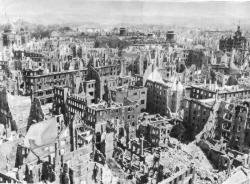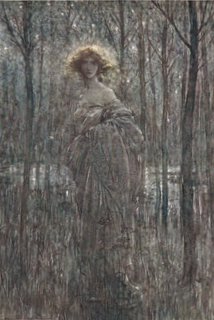which only serves to make us grieve
I bought a new Paul Celan book not so long ago, from a great little bookshop in Potts Point. The kind that has books right up to the ceiling - they fit an entire library into a space the size of a teenager's bedroom. If there is one dead person who I wish I could have met, it would be him (and ST Coleridge - just imagine them interacting). The blackness of his poetry brings the wrongness of the crimes against him into my life, into my imagination.
Its Saturday night, so the WWII documentaries are being trotted out for TV.
What seems to be evident to me, but is clearly far from so many others' perception of reality, is that killing is wrong. War, violence, slandering other nations: dumb.
So why do we do it?
(Why ask "Why?", when all you get is another question mark?)
I am clearly not the first person to ask. In fact, ASKING wasn't even my own idea. Somewhere in the Old Testament it says, "Why do the nations rage so furiously together? Why do they imagine a vain thing?"
2 or 3 thousand years later Freud articulated the 'narcissism of minor differences' - those petty differences which mean so much to us.
Jane Ross's work on the biggest Australian nationalist myth, the ANZAC legend, gave us a clear illustration of the limited scope of the attributes celebrated.
A few years later, Benedict Anderson in his (somewhat overrated but catchily titled) "Imagined Communities" offerred a strong brew of morning coffee to nationalists everywhere.
So, to avoid the use of redundant adjectives, it has been spelt out clearly to us. All has been revealed, and I mean that in the broadest possible sense of revelation. And it goes something like this. Don't fight. Its not a good idea. In fact, its really stupid. Do you want your city to look like Dresden in 1945? Do you care to preserve Baghdad's remaining architectural beauty? Are you really comfortable with being a mass murderer?
Political science, psychology, theology, genetics: they can all be used to show us how and to what massive extent people are THE SAME ALL OVER THE WORLD. Amazing, isn't it?
So, can everybody just be nice, please? Can we put DOWN the weapons? Can we say NICE things, or say nothing at all? When will we learn?

Of course, you all think like this, so I'm preaching to the choir.
When I was little and we went on car-trips, I had to sit between my brothers to stop them fighting in the back seat. But it never really stopped them. Its just distanced them a bit. I feel like my whole life is going to be spent sitting in the back seat of Life, saying, "Can you people just be civil? Can't you see this is affecting me, too?"
*
...With oft and tedious taking-leave,
Like some poor nigh-related guest
That may not rudely be dismist;
Yet hath out-stayed his welcome while,
And tells the jest without the smile.


 bravenet.com
bravenet.com
